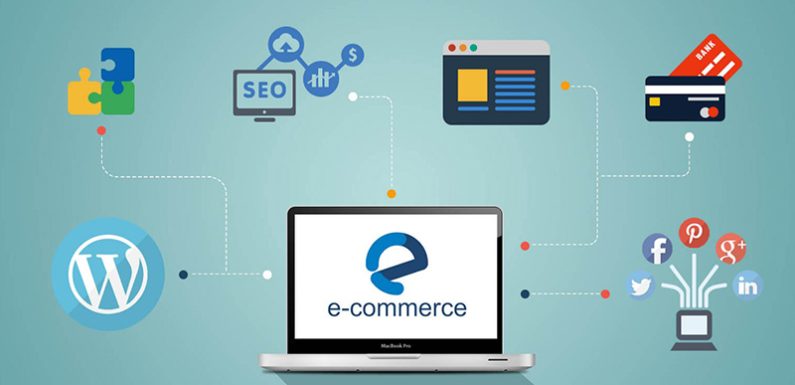
E-commerce is buying, as well as offering tasks taking place online. The different sorts of commerce consist of:
- Business to business or B2B
- Business to customer or B2C
- Consumer to consumer or C2C
- Consumer to business or C2B
A shopping system is a software program application where the vendor, events, as well as customers, come and play their roles. Essentially, a consumer should be able to utilise a shopping system to discover items, search using a cart, and then have a look at them.
If you are looking for Shopify Accountant, please follow the link.
What are the various types of e-commerce platforms?
The 3 primary types of shopping systems are:
- Software-as-a-service or SaaS systems
- Platform-as-a-service or PaaS platforms
- On-premises platforms
PaaS and SaaS systems both provide shopping solutions with the internet. SaaS platforms, like Shopify, include software just. Once they add an equipment component too, they become known as PaaS platforms.
On-premises systems are hosted locally by the merchant, as well as managed by their IT staff as opposed to being established by an additional company and accessed through the cloud.
PaaS and SaaS choices are best for smaller firms or businesses that are just beginning in e-commerce. They use expert setup, as well as assistance, yet they usually bill a regular monthly cost to use the site along with purchase fees on every purchase. On-premise systems allow a business to have even more control over its shopping site, as well as create a custom storefront remedy.
Platforms like Shopify, WooCommerce, and Squarespace, which is a complimentary WordPress plugin, are better for local businesses that need something easy to obtain them up and running, while BigCommerce and Magento are customised towards larger enterprises with high order quantities. Site home builders like Wix or Squarespace offer drag-and-drop themes that are simple for stores without coding experience, while various other platforms have a more complicated backside.
How does a company choose an e-commerce platform?
Selecting a system needs to include quite extensive search procedure. A firm will check out what they can do with a certain platform, as well as exactly how the features of the platform will satisfy their requirements. GMV or gross merchandise volume is one important criterion businesses required to think about.
Greater GMV merchants often tend to have more custom arrangements, so they’ll be trying to find an ideal system that allows substantial customisation. Lower GMV sellers may be looking for basic services, so they may require an ideal platform with common solutions at a reasonably lower expense. Other requirements that will impact a firm’s selection of system consist of the search attribute, protection degree, repayment options, and how the platform connections right into a larger campaign.

